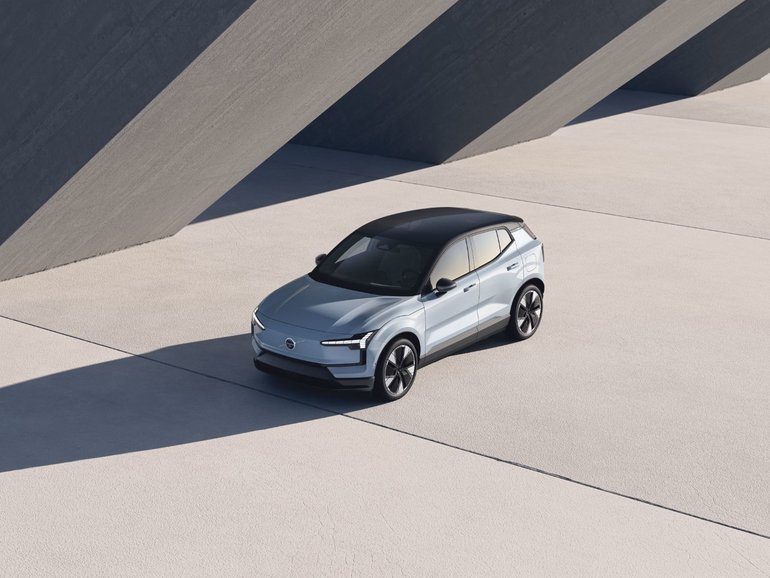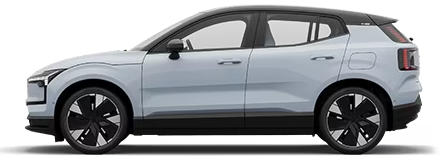Volvo Cars Reconfirms Commitment to Sustainability with Ambitious 2030 and 2040 Goals
January 09 2024,

Volvo Cars is taking a bold step forward in its environmental commitment, unveiling an ambitious sustainability strategy that aims to significantly impact its ecological footprint by 2030 and 2040. With a focus on biodiversity and a comprehensive approach to sustainability, Volvo Cars is setting new standards in the automotive industry. Here are the five key takeaways from Volvo's recent announcement:
- Drastic Emission Reductions by 2030 Volvo Cars is committed to reducing its CO2 emissions per car by 75% compared to 2018 levels by 2030. This target is a cornerstone of their strategy, showcasing the company's dedication to combating climate change. Additionally, they plan to cut energy usage in their operations per average car by 40% from 2018 levels, demonstrating a holistic approach to sustainability.
- Embracing Circular Economy and Recycling The company has set a goal to have 30% average recycled content across its fleet by 2030, with new car models having at least 35% recycled content. This move towards a circular economy is also reflected in their aim to ensure 99% of all waste from their operations is either reused or recycled.
- Achieving Net Zero Greenhouse Gas Emissions by 2040 Extending their vision to 2040, Volvo Cars aims to reach zero greenhouse gas emissions. This ambitious goal expands upon their previous target of being climate neutral, emphasizing the reduction of real emissions before resorting to carbon removals.
- Financing Sustainability Recognizing the crucial role of finance in sustainable development, Volvo Cars aims to have 100% of its debt linked to its Green Financing Framework or in a sustainability-linked format by 2025. This approach underlines the company's commitment to integrating sustainability into all aspects of its operations.
- Positive Impact on Biodiversity and Society Volvo Cars is not only focusing on reducing its impact but also on contributing positively to biodiversity and society. The company is working on measures to avoid and reduce the impacts of its value chain, engage in restoration and conservation activities, and safeguard human rights throughout its operations.
In conclusion, Volvo Cars' updated sustainability strategy reflects a comprehensive and forward-thinking approach. By setting clear and ambitious targets for emissions reduction, recycling, and circular economy, along with a commitment to biodiversity and societal impact, Volvo is positioning itself as a leader in the automotive industry's shift towards a more sustainable and environmentally responsible future.

























